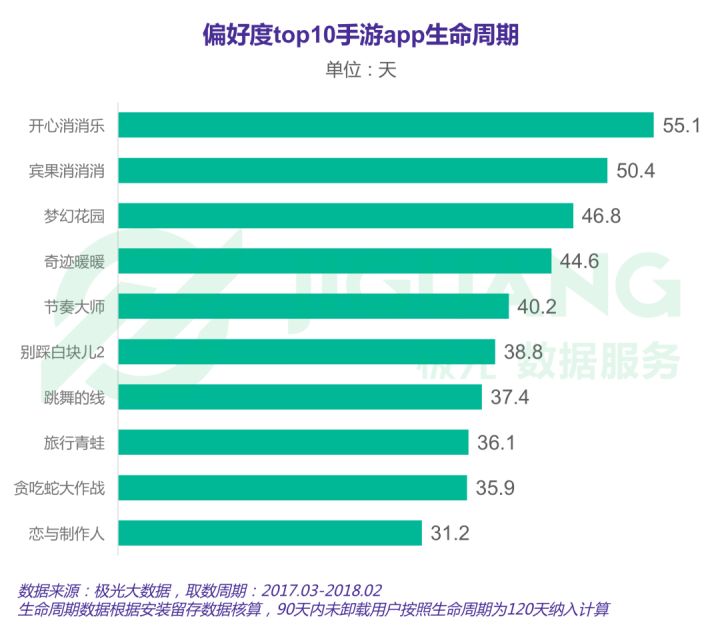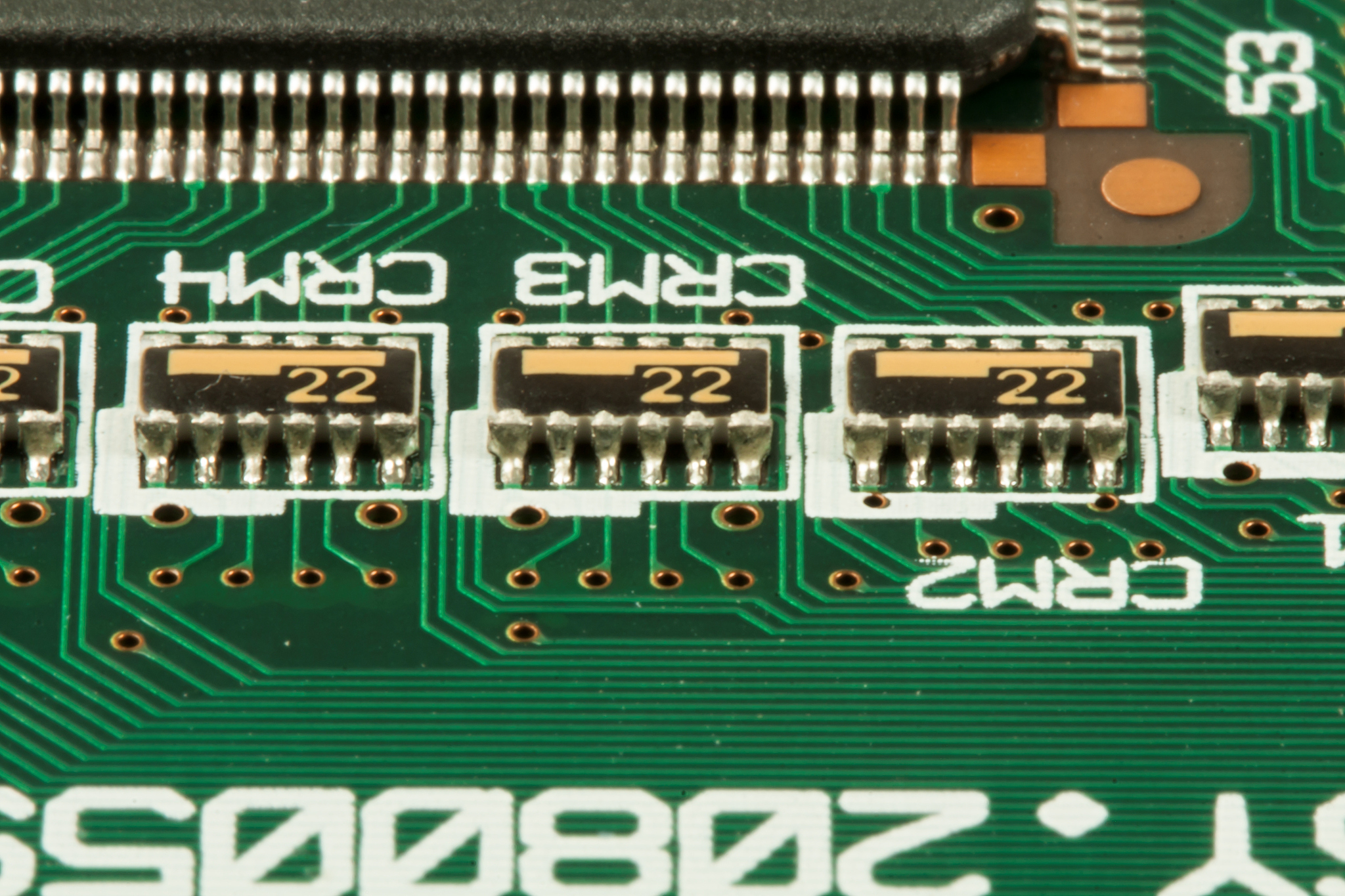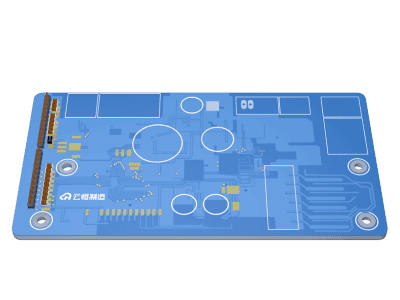TheEvolutionandImpactoftheElectronicsIndustry(电子工业的英语)
Historical Development:
The electronics industry has experienced a remarkable transformation since its inception. It all began with the discovery of the electron and the subsequent invention of the vacuum tube, paving the way for the development of early electronic devices such as radios and televisions. As technology advanced, transistors replaced bulky vacuum tubes, leading to the creation of smaller, more efficient electronic products. The integration of circuits on a single chip marked the advent of the microelectronics era, enabling further miniaturization and increased functionality.
Technological Advancements:
With each passing decade, technological advancements have propelled the electronics industry forward. The introduction of personal computers revolutionized not only how we work but also how we communicate and entertain ourselves. Mobile phones, once considered a luxury, have evolved into smartphones that are essentially powerful handheld computers. These devices have reshaped our interactions with the world, providing instant access to information and connectivity at our fingertips.
Manufacturing Innovations:
The manufacturing processes within the electronics industry have undergone significant improvements over time. Automation and robotics have streamlined production lines, reducing costs and increasing efficiency. Precision technologies like photolithography have enabled the creation of intricate microchips that power modern gadgets. These innovations not only boost productivity but also facilitate the mass production of complex electronic components.
Environmental Considerations:
As the demand for electronic goods has surged, there has been increased concern about their environmental impact. In response, the industry has implemented sustainable practices, such as using recyclable materials and reducing harmful substances in manufacturing. Energy-efficient designs and the recycling of old electronics are focal points in efforts to mitigate e-waste and reduce the ecological footprint of consumer electronics.
Economic Impact:
The electronics industry is a cornerstone of global commerce, generating trillions of dollars in revenue and supporting countless jobs worldwide. From design and engineering to sales and distribution, this sector provides livelihoods for millions. Moreover, it serves as a catalyst for economic growth, driving innovation and fostering new industries that rely on electronic technologies.
Social Implications:
The proliferation of electronic devices has profoundly affected society. Communication barriers have been broken down, and education has become more accessible through online platforms. However, this digital age has also raised concerns about privacy, security, and the potential for digital divides between those who have access to technology and those who do not.
Consumer Trends:
Consumer preferences have played a crucial role in shaping the electronics industry. There is an increasing demand for portable, multifunctional devices that can perform a variety of tasks. Smart home appliances and wearable technology are gaining popularity as consumers seek to integrate electronics seamlessly into their daily lives. Additionally, there is a growing trend toward personalized electronics that cater to individual needs and tastes.
Future Prospects:
The future of the electronics industry is brimming with potential. Emerging technologies such as quantum computing, nanoelectronics, and flexible electronics indicate that we are on the cusp of another transformative era. With continued research and breakthroughs, we can anticipate even more intelligent devices that will further revolutionize how we live, work, and interact with our environment. As we move forward, the industry will continue to innovate and adapt to changing consumer needs and technological advancements, leading to a more connected, efficient, and sustainable world.(这段文本已经进行了修饰和语法校正。)



















